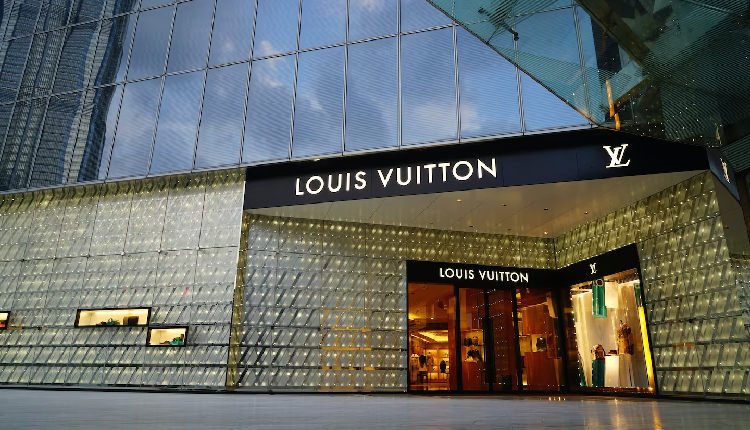The French conglomerate Louis Vuitton Moet Hennessey (LVMH), led by Bernard Arnault, may become entangled in China’s current tensions with the European Union (EU).
Brussels is considering imposing extra tariffs on Chinese-made electric vehicles due to alleged unfair pricing resulting from state subsidies.
The proposed tariffs could be as high as 38 per cent and would be in effect for five years if approved by EU members. China’s response to this move remains uncertain since the proposal was first introduced by the European Commission in June.
Several factors make luxury goods an attractive target for China.
Non-Essential: Unlike pharmaceuticals or machinery, luxury items are not critical to Chinese productivity.
Price Sensitivity: With a slowing economy, status symbols like luxury goods may lose some appeal, especially if prices increase.
Limited Impact on Consumers: Higher prices would primarily affect the wealthiest two per cent of Chinese consumers, who account for about 40 per cent of luxury sales.
The potential impact on luxury goods also hinges on European dynamics. France, a vocal advocate for the EU’s EV tariffs, is also a major exporter of luxury goods like handbags. This creates a potential vulnerability for French luxury giants like LVMH, which generates a significant portion of its revenue from China.
Attribution: Reuters
Subediting: M. S. Salama


